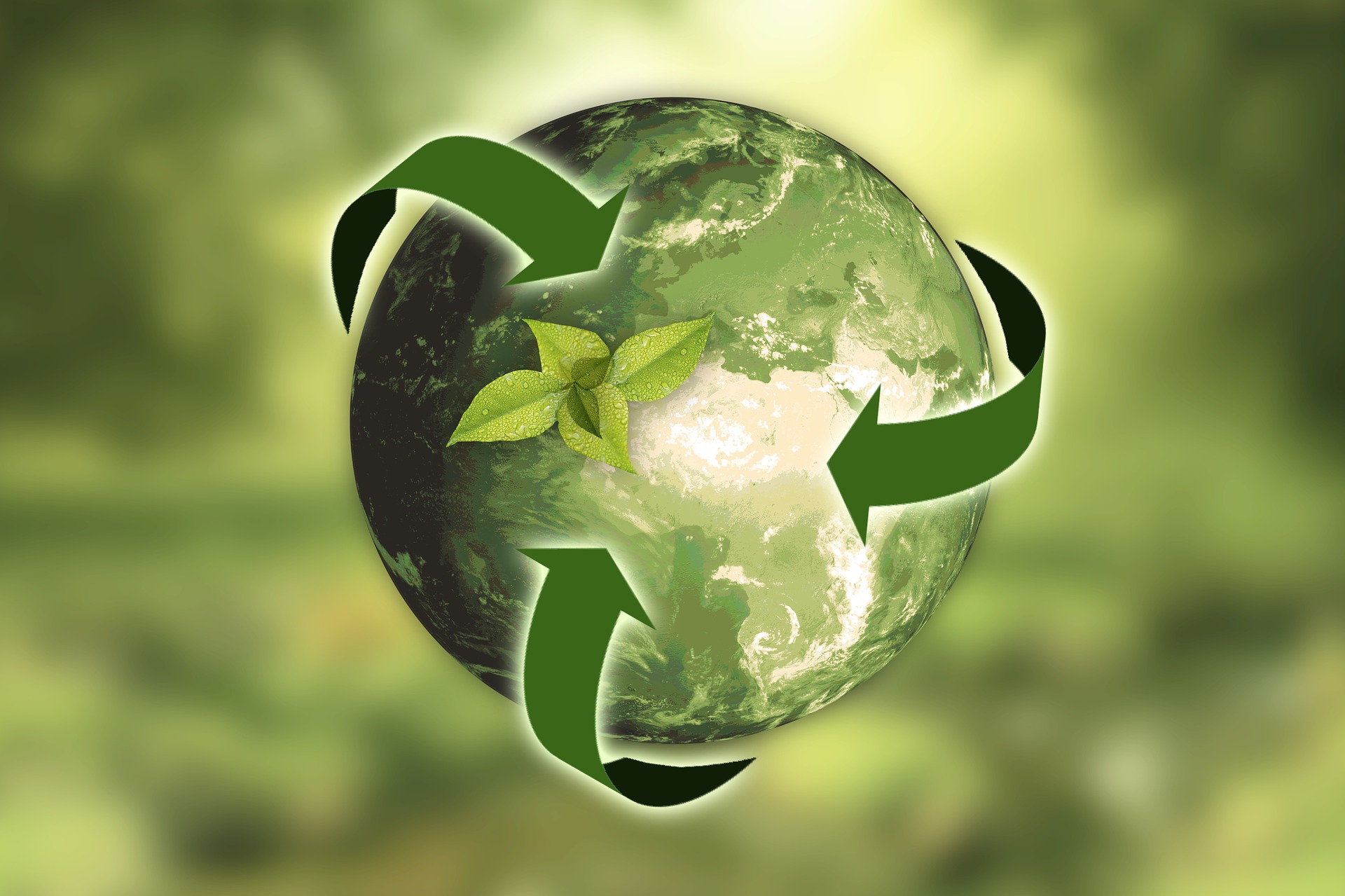Environmental Sustainability and Climate Change Research Center (ESCC-RC)
ENVIRONMENTAL SUSTAINABILITY AND CLIMATE CHANGE RESEARCH CENTER (ESCC-RC)
Resource Use Efficiency and Cleaner Production - High throughput of resources is not only putting pressure on the finite resources but is also harming the environment through generation and disposal of large volumes of wastes and emissions. Hence, countries are promoting adoption of resource-use-efficiency-and-cleaner production (RECP) practices in industries where less resources are used maximally for production of more outputs and with minimal generation of waste and emissions. Industries that have heeded the call and adapted RECP have reported reduced costs of production and waste management. In Kenya, however, many industries are yet to embrace RECP largely due to lack of awareness and technical capacity. Adoption of RECP and green manufacturing technologies will enable the country’s manufacturing sector to improve its productivity and competitiveness while incorporating a development pathway that is low-carbon, resource efficient, climate resilient and socially inclusive. The manufacturing sector’s switch to green manufacturing practices such as improved energy efficiency, water use efficiency, waste minimization and management will not only create sustainable green jobs but also divert waste from the highly polluting dumpsites.
Industrial Symbiosis - The traditional linear model of production where resources are mined from the environment, utilized in the production of goods and services, and resulting waste discarded into the environment is wasteful and is a major cause of environmental pollution and degradation. Hence, many industries are increasingly shifting to the more resource efficient and environmentally-friendly circular model of production where waste is considered as resource with value and can be exchanged with other industries for use as input material. Circular economies are vital to industrial competitiveness and productivity as the concept seeks to minimize negative impacts of manufacturing on the environment while helping to grow new revenue streams, reducing costs of operation, and increasing competitiveness. In Kenya however, industries at still at the circular economy awareness stage and technical assistance is important to help them start the transition.

